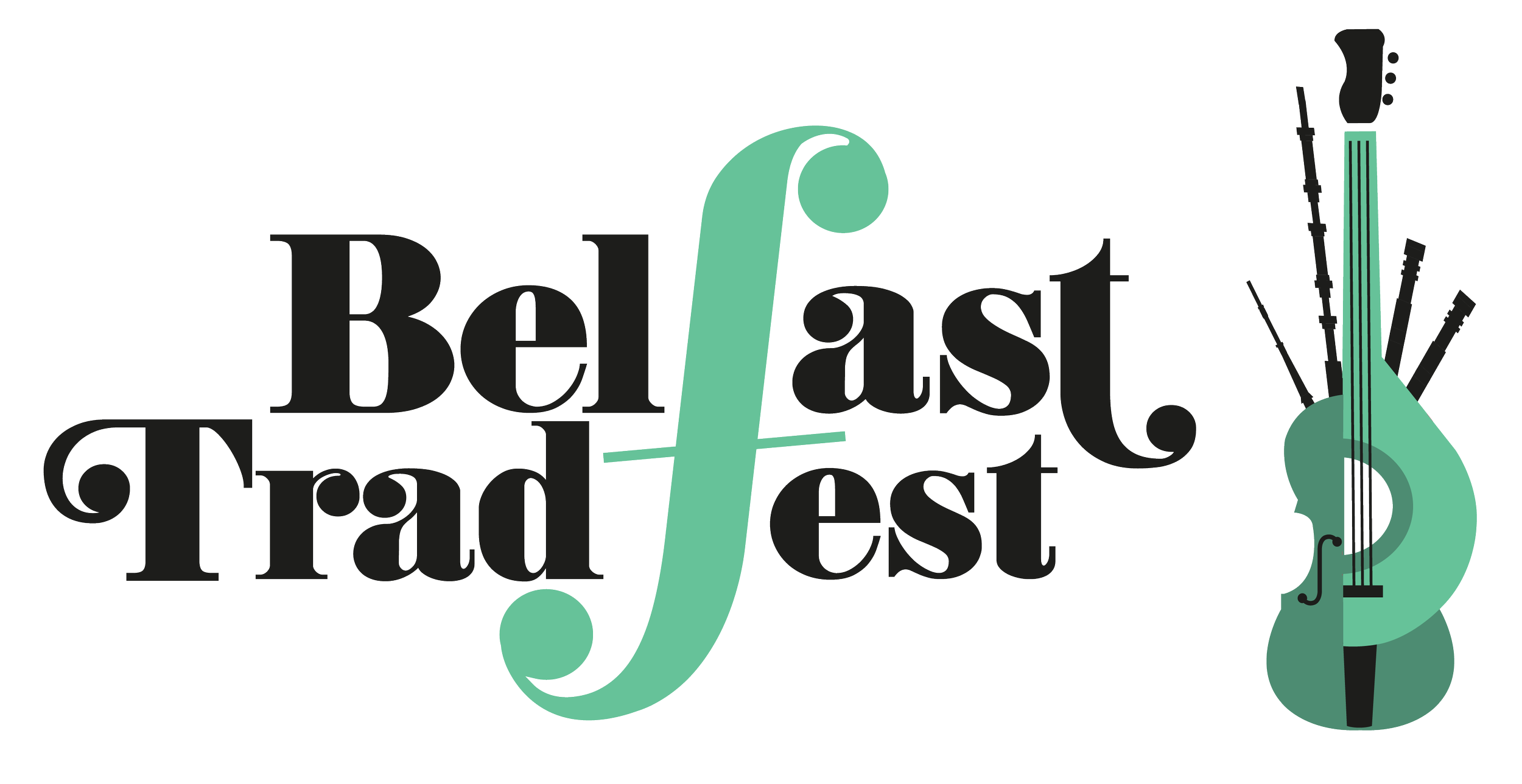SAFEGUARDING POLICY
Belfast Summer School of Traditional Music believes that all children’s lives are enriched by the arts, and is committed to practice that protects children and vulnerable adults from harm, creating safe and stimulating environments for their creative expression and development.
In all of BSSoTM work, the welfare of the child and young people is paramount, with children and young people being treated equally and in a manner, which is respectful of their religious, racial, cultural and linguistic, social, gender, sexual identity. Staff and volunteers are provided with relevant training to uphold this policy and procedures.
We recognise that:
• The welfare of the child is paramount, as enshrined in the Children Order (NI) 1995
• All children, regardless of age, disability, gender, racial heritage, religious belief, sexual orientation or identity, have a right to equal protection from all types of harm or abuse
• Some children are additionally vulnerable because of the impact of previous experiences, their level of dependency, communication needs or other issues
• Working in partnership with children, young people, their parents, carers and other agencies is essential in promoting young people’s welfare.
Principle of Good Practice
BSSoTM will:
• Place children at the heart of our work, recognising their rights as individuals listening to, acknowledging and valuing their opinions and needs
• Treat children and young people with care, respect and dignity
• Assess the risk to children and young people in all activities
• Provide staff and volunteers with training on safeguarding best practice and procedures
• Review policies and procedures regularly
Code of Conduct
All staff and volunteers must abide by the Code of Conduct. Any breach of this code of conduct may result in disciplinary action.
We will seek to keep children and young people safe by:
• Valuing them, listening to and respecting them as individuals.
• Setting good example by using appropriate language, attitude & demeanour at all times.
• Wearing BSSoTM branded clothing as provided/relevant.
• Avoiding excessive physical contact with children & young people and refraining from activity such as tickling/wrestling.
• Sharing information about child protection and good practice with children, parents, staff and volunteers, ensuring communication is open and clear.
Never:
• Work or perform without supervisory staff/volunteers present.
• Give your personal details to children or young people.
• Invite/accept invites from young people’s personal social networking sites.
• Promise to keep secrets.
• Offer/accepts lifts, or travel with young people (unless part of activity and properly supervised).
• Arrange meetings with children or young people outside organised activities.
• Bring alcohol to premises of activity, or smoke in presence of children/young people.
Physical Contact
Physical touch should only occur when it is appropriate to the age/development of the child, and in response to particular needs of the child. There will be instances when physical contact is unavoidable, and in fact necessary.
Appropriate:
• Context dependant touch within a controlled and supervised environment (e.g. demonstration of dance, positioning, supporting a lift, demonstrating a breathing technique)
• Preventing injury (e.g. catching a falling child, appropriate restraint)
• Handshake and ‘high fives’
• Fitting safety equipment (e.g. harness, safety restraint)
Inappropriate:
• Touch which is unnecessary, unexplained, out of context, without consent
• Any touch to breast, groin or buttocks areas
• Kissing or hugging
• Slapping/hitting (even in jest)
• Holding hands
Young children particularly will often demonstrate affection. Staff and volunteer training and induction will include best practices and methods of how to best respond when a child tries to hug, wants to hold hands, etc.
Use of Photography/Filming of Children and Young People
All staff & volunteers will adhere to the following guidelines:
• Ensure that clear information and/or signage is displayed when photography/filming is being used
• Ensure that consent from the child or young person’s guardian or carer, written or verbal, is granted prior to any photography or filming
• Provide clear information about content and use of image
• Identify the photographer to the group or individuals
• No unsupervised access to children or young people
• Avoid using full names if image is used or published
REMEMBER:
STAFF SHOULD NOT SPEND ANY TIME ALONE WITH PUPILS, TWO STAFF MEMBERS SHOULD BE PRESENT AT ALL TIMES.
NO STAFF MEMBER SHOULD BE ALONE WITH A PUPIL IN A CAR JOURNEY, HOWEVER SHORT. IF UNAVAOIDABLE SHOULD ONLY BE WITH THE FULL KNOWLEDGE AND CONSENT OF PARENTS.
IF PRIVACY IS NEEDED THE DOOR SHOULD BE LEFT OPEN AND OTHER STAFF INFORMED OF THE MEETING.
THE FRONT AND BACK DOORS OF THE UNIVERSITY SHOULD MANNED DURING CLASS BREAK. NO CHILD SHOULD BE ALLOWED OUTSIDE ALONE.
WHEN CLASSES FINISH AT 1PM, STAFF SHOULD MONITOR THE STAIRS AND LIFTS. NO CHILDREN SHOULD BE ALLOWED PASSED THE GATE UNTIL THEIR PARENT / GAURDIAN IS THERE TO COLLECT THEM.
